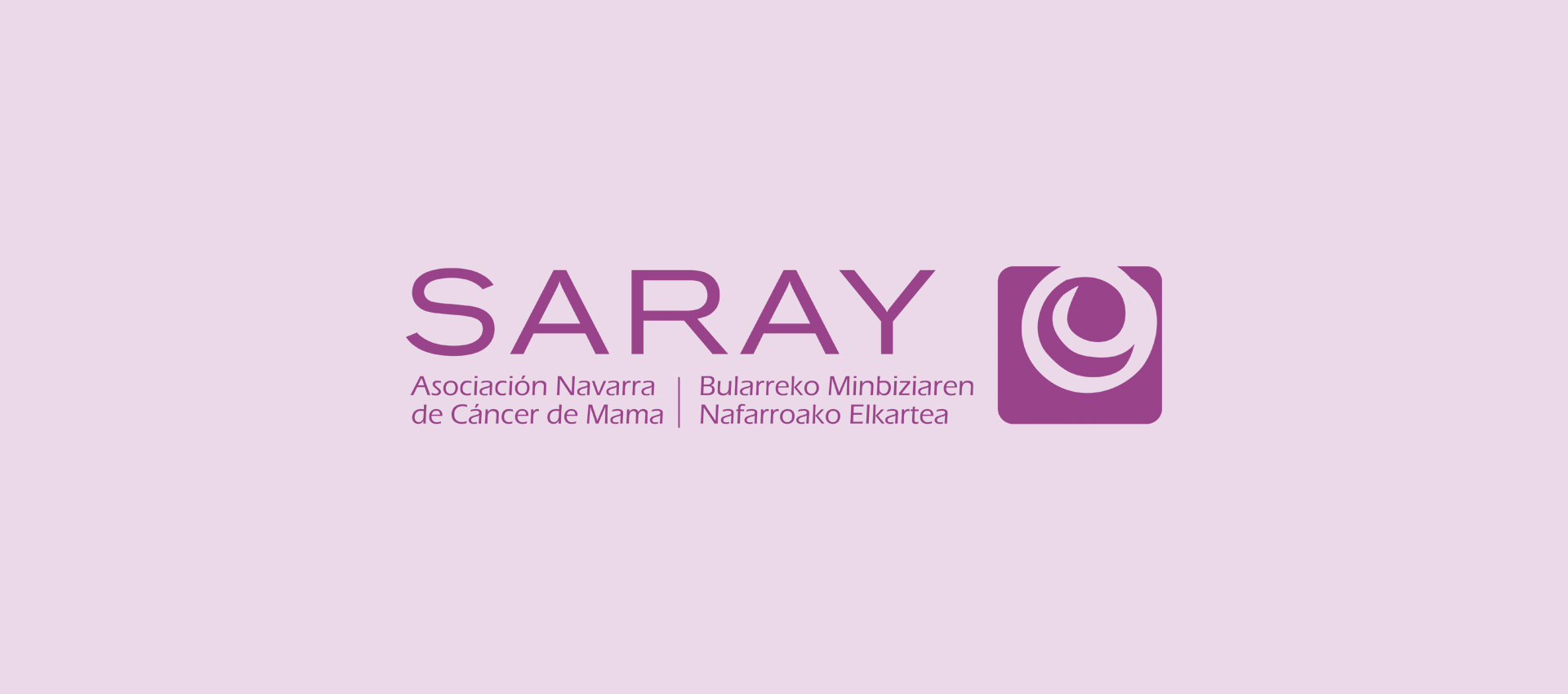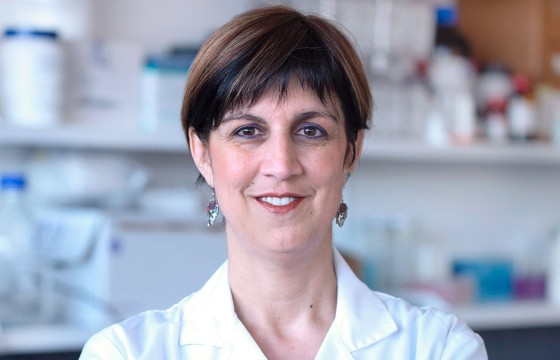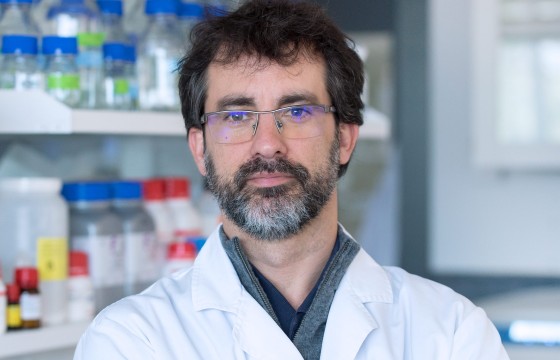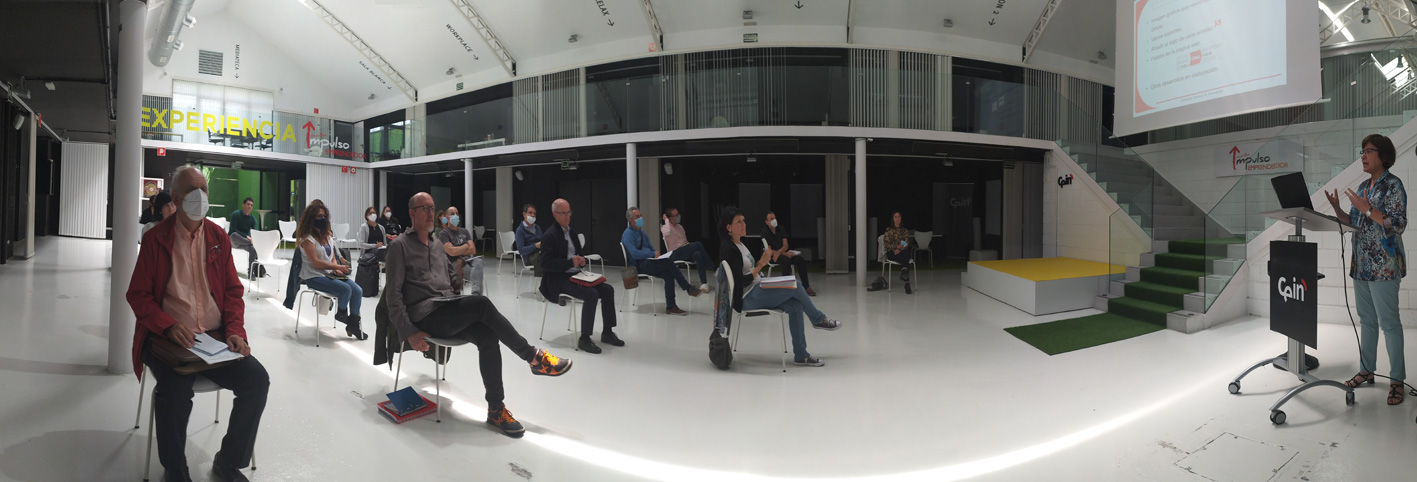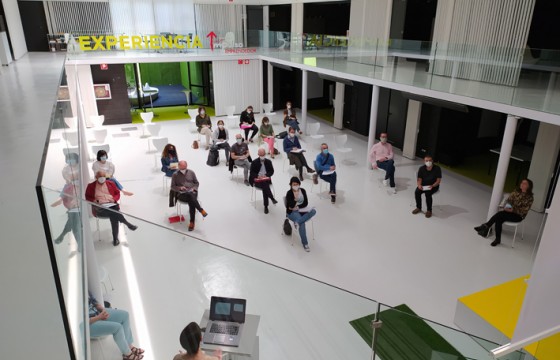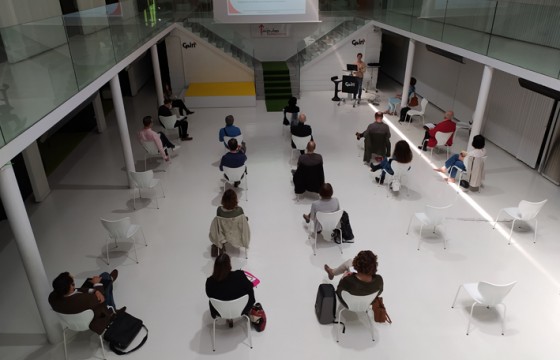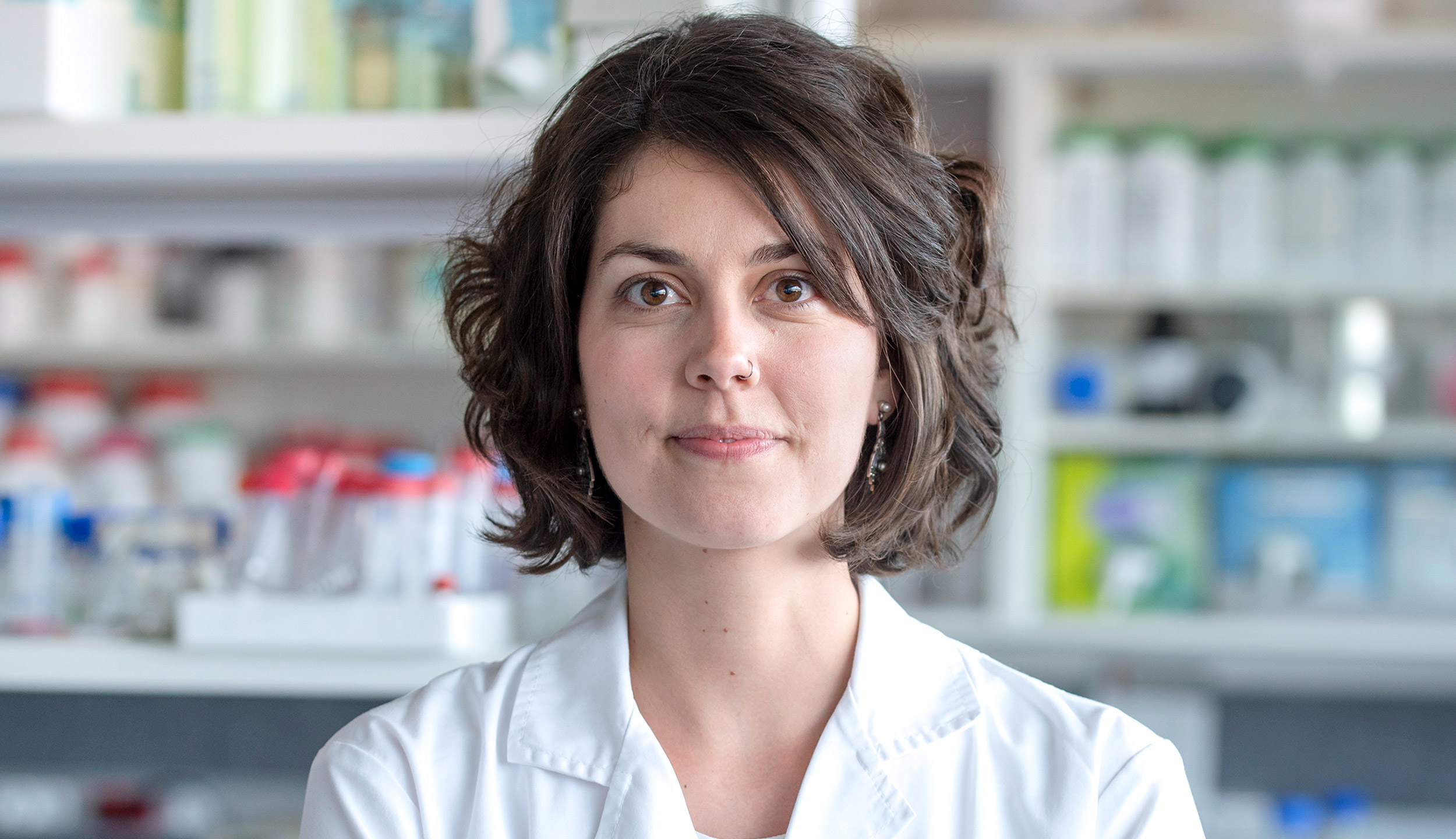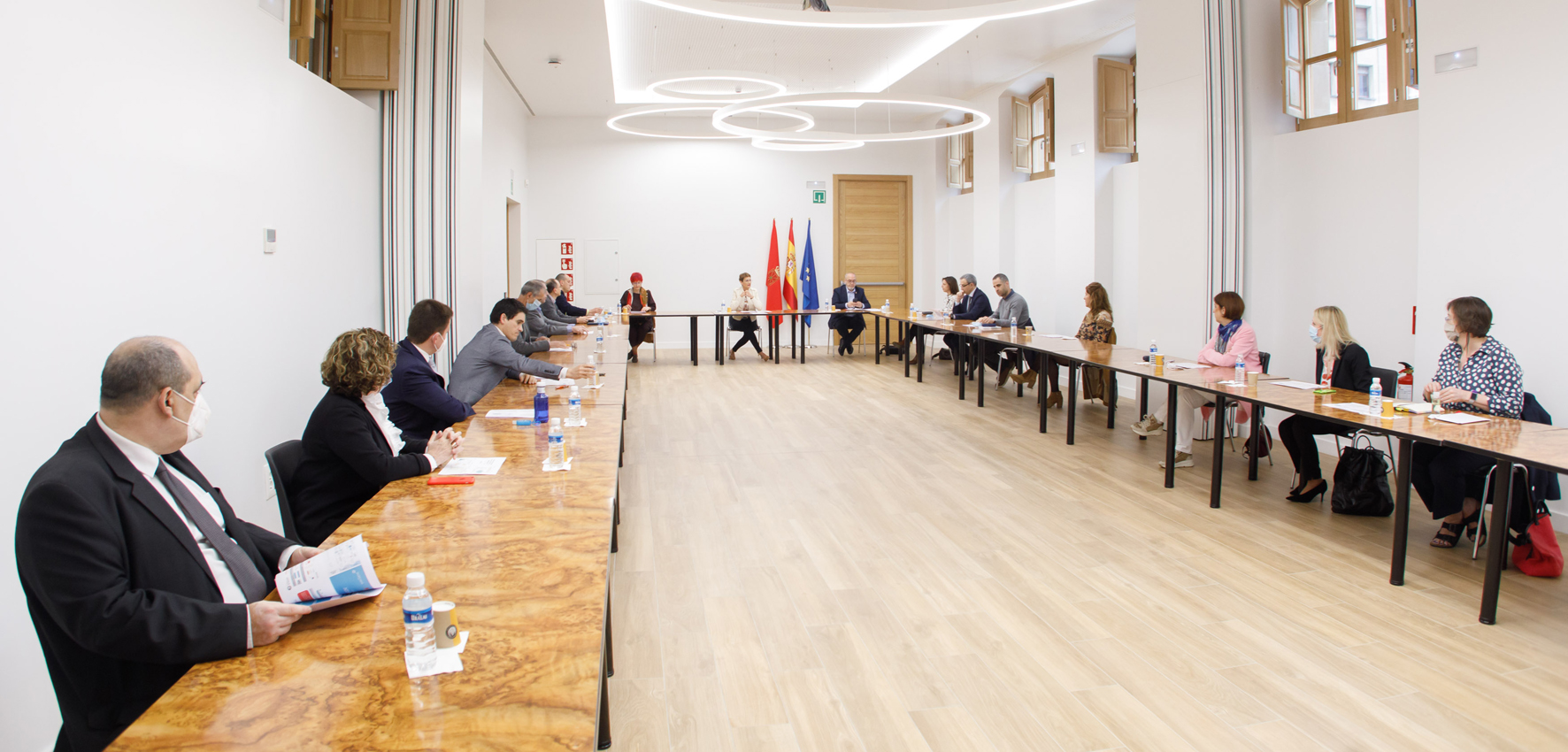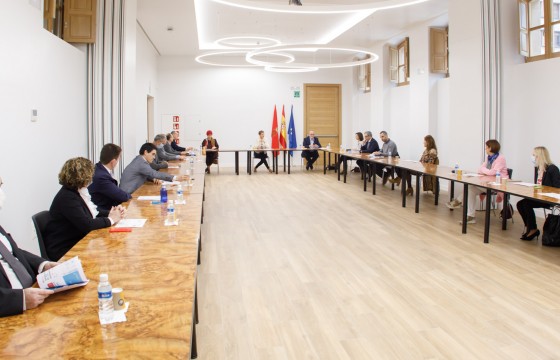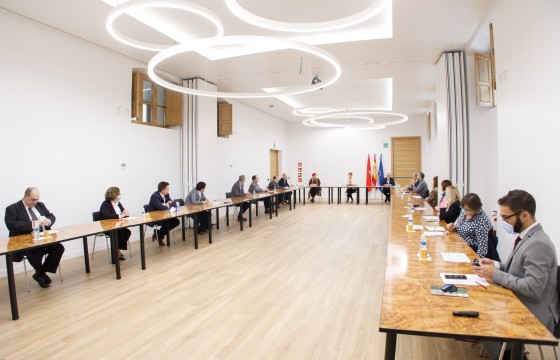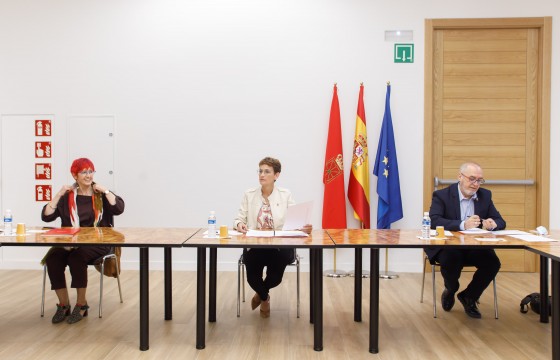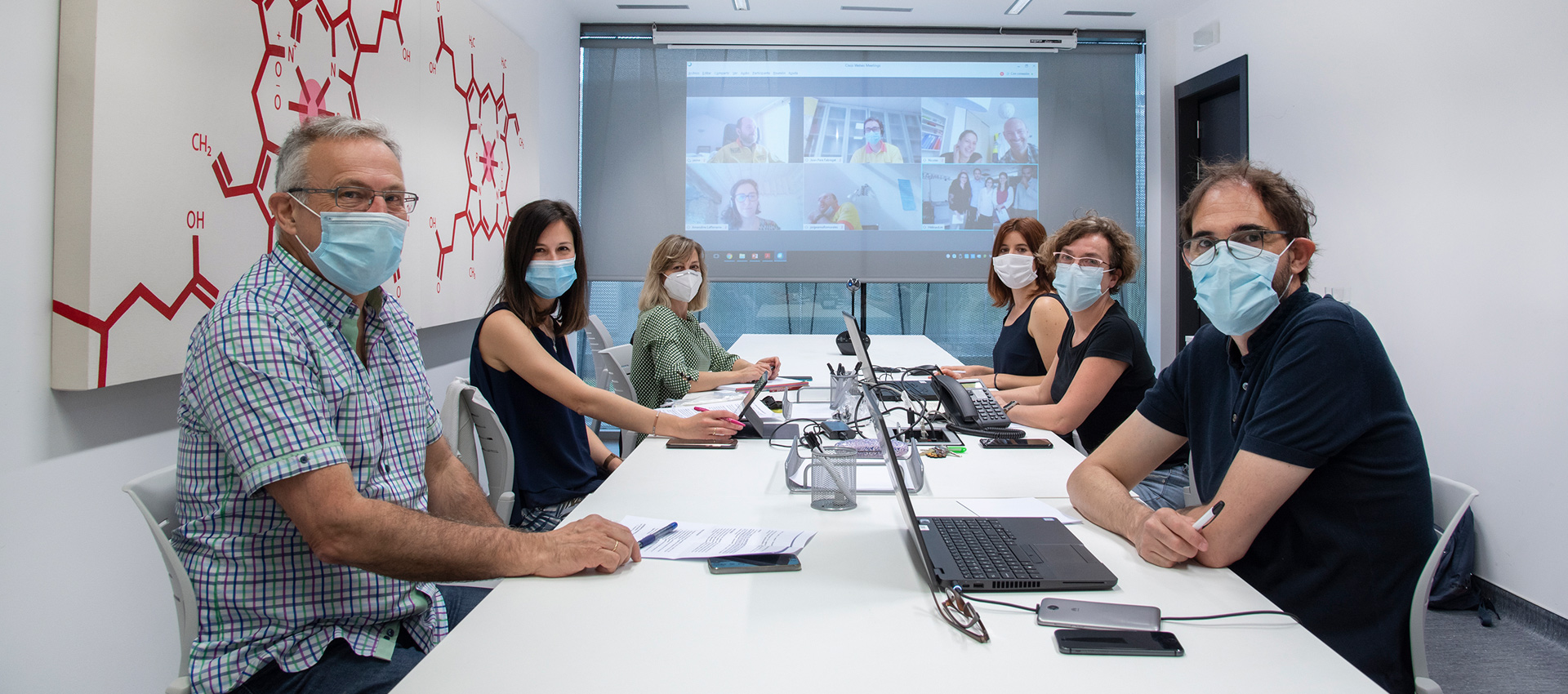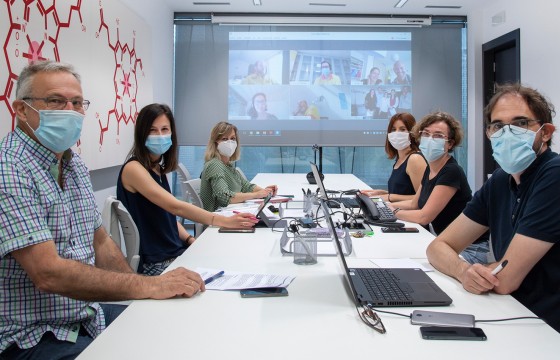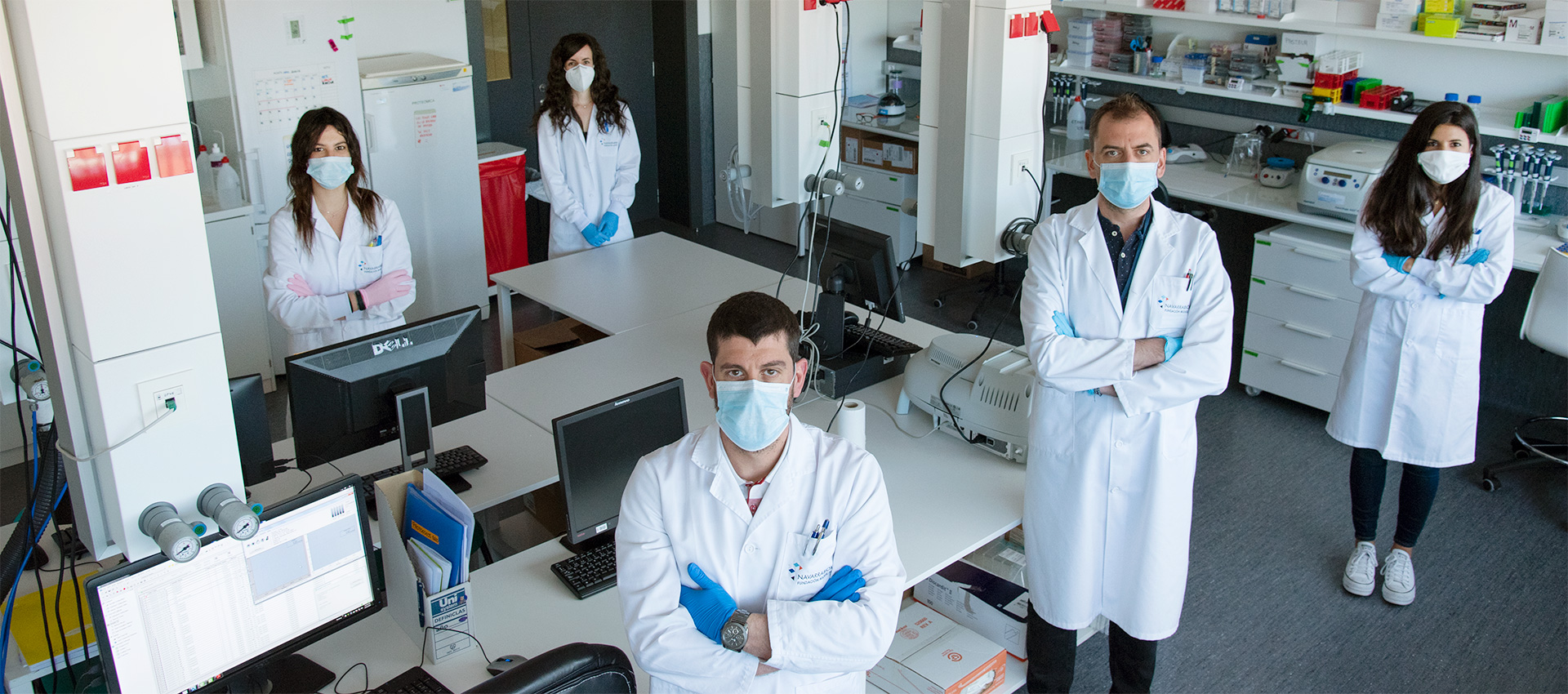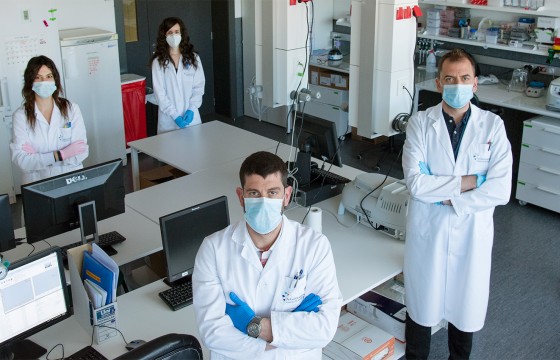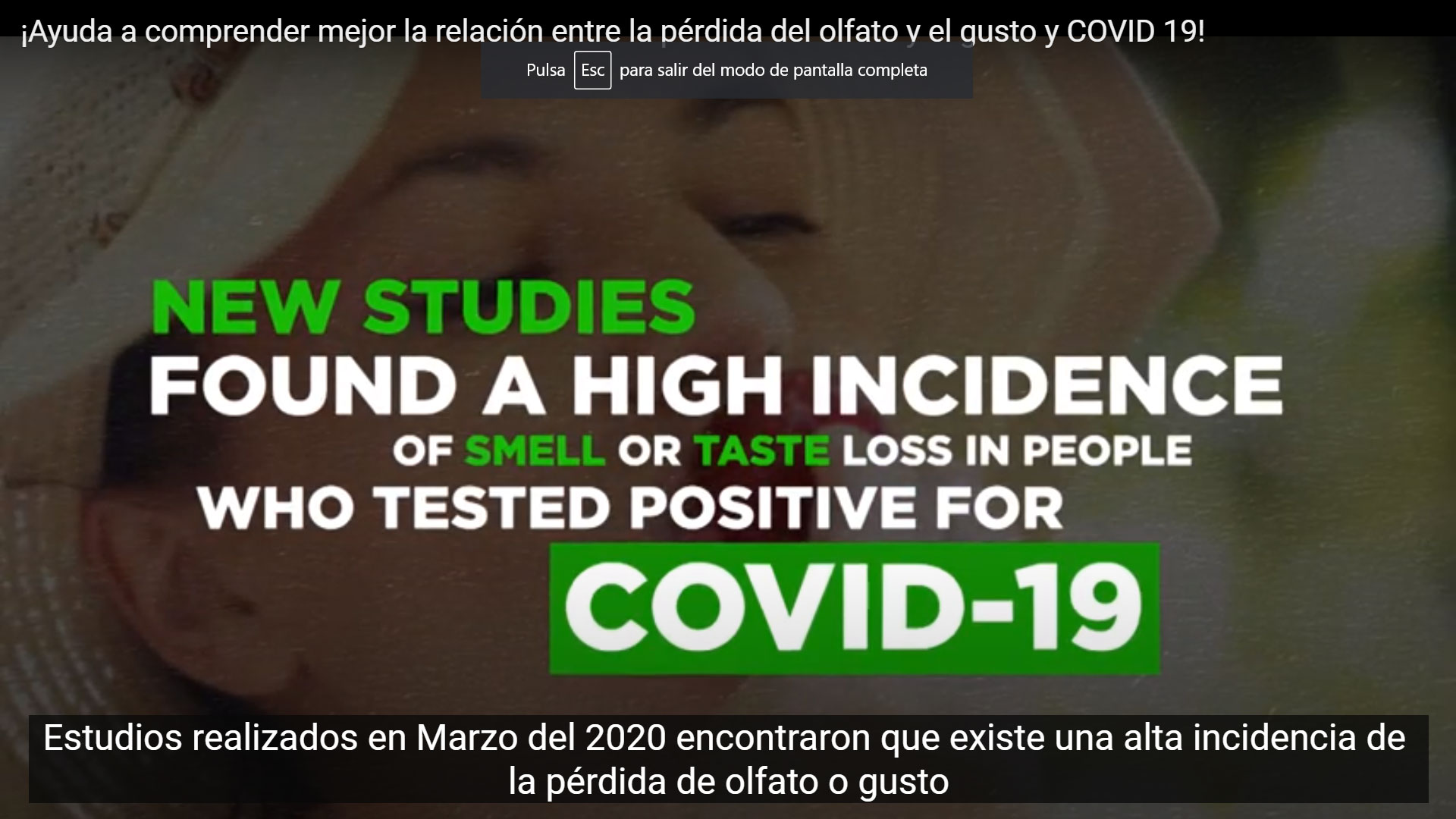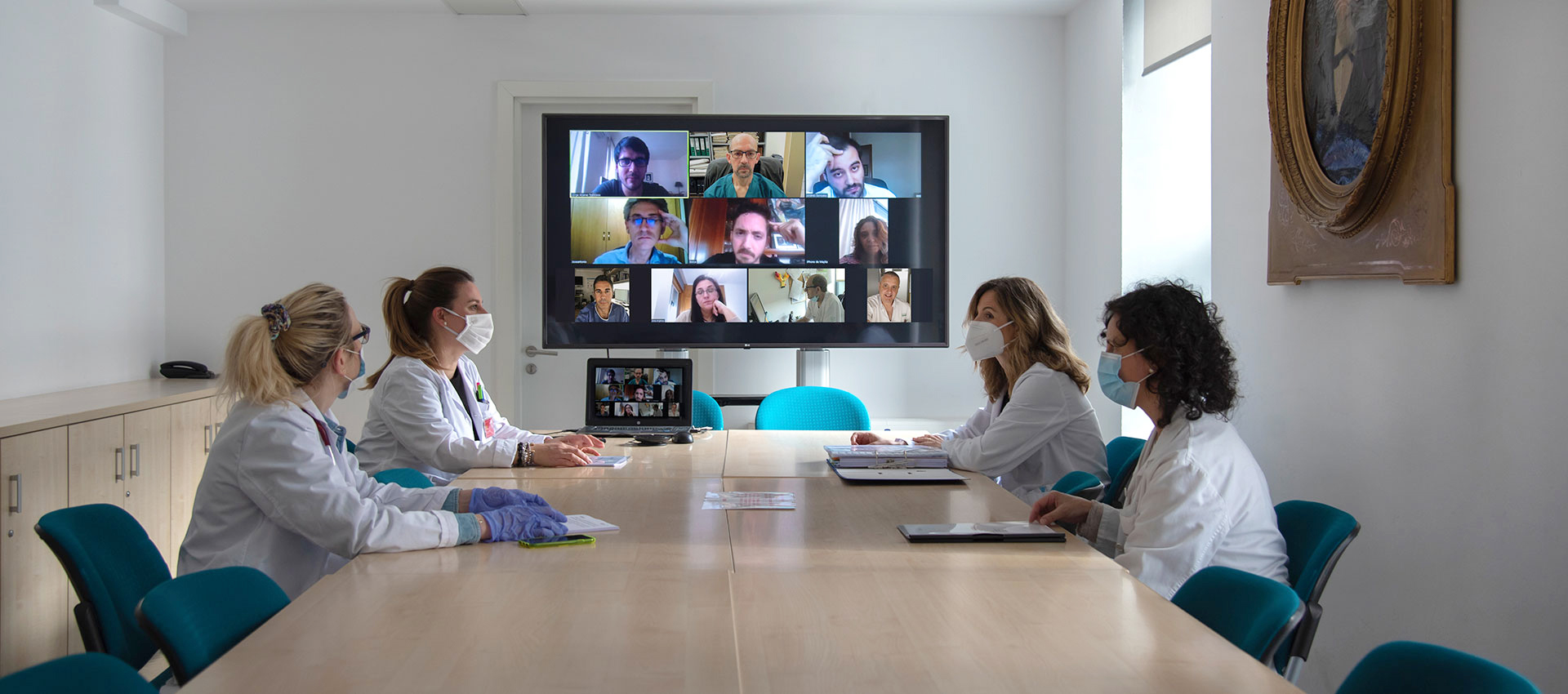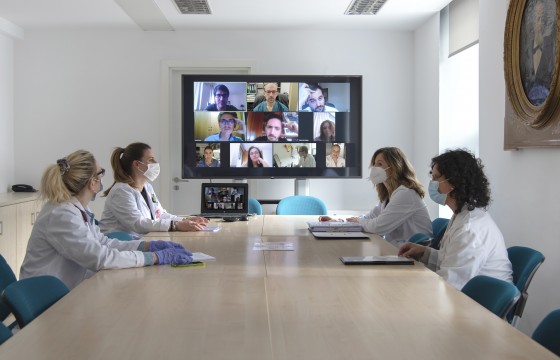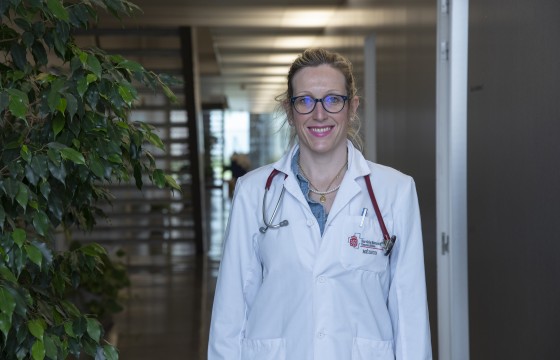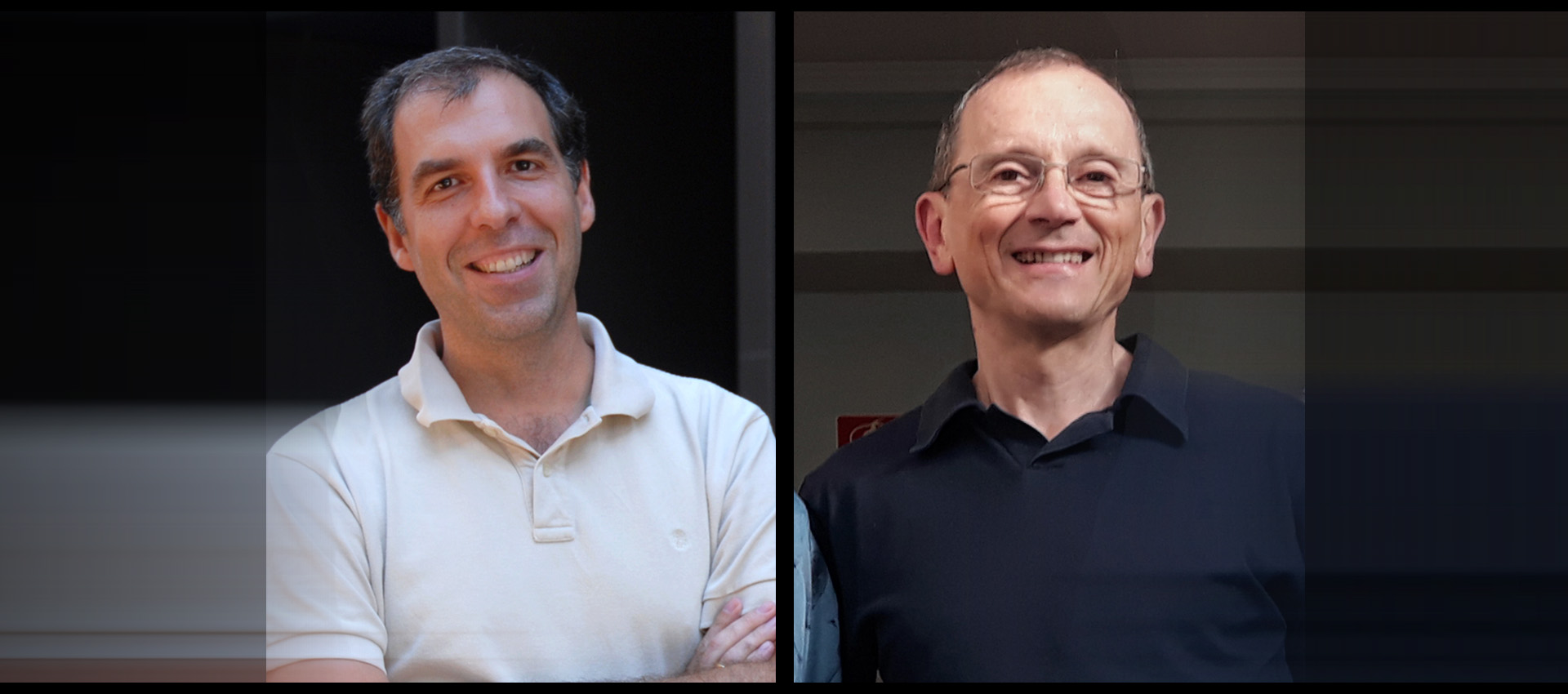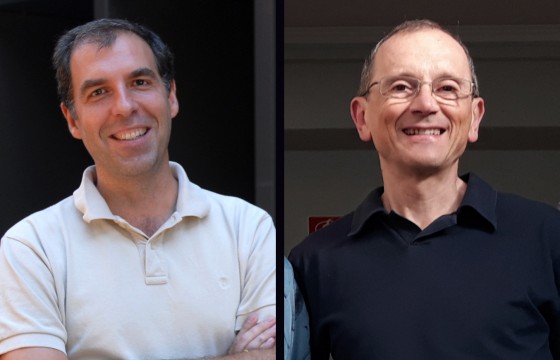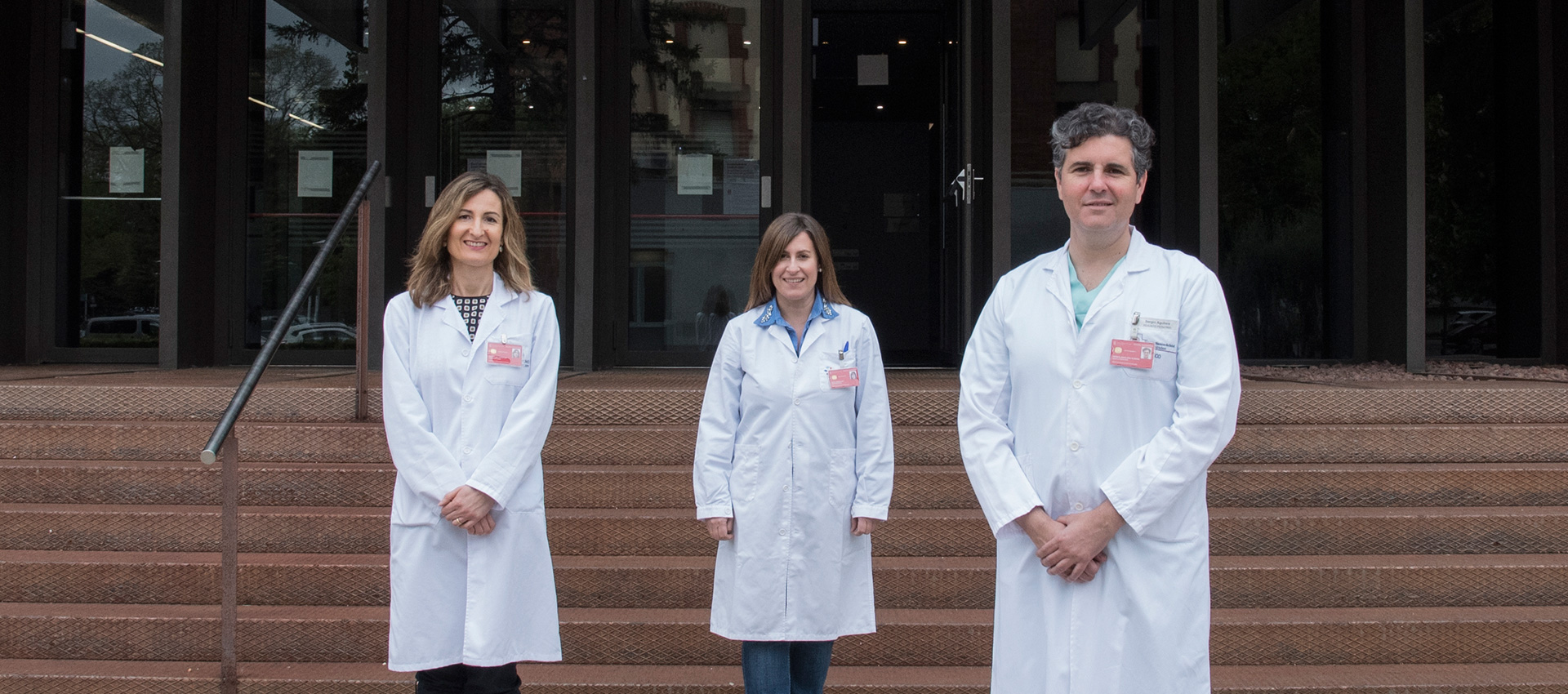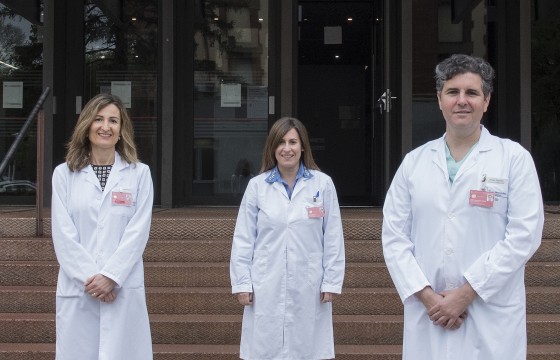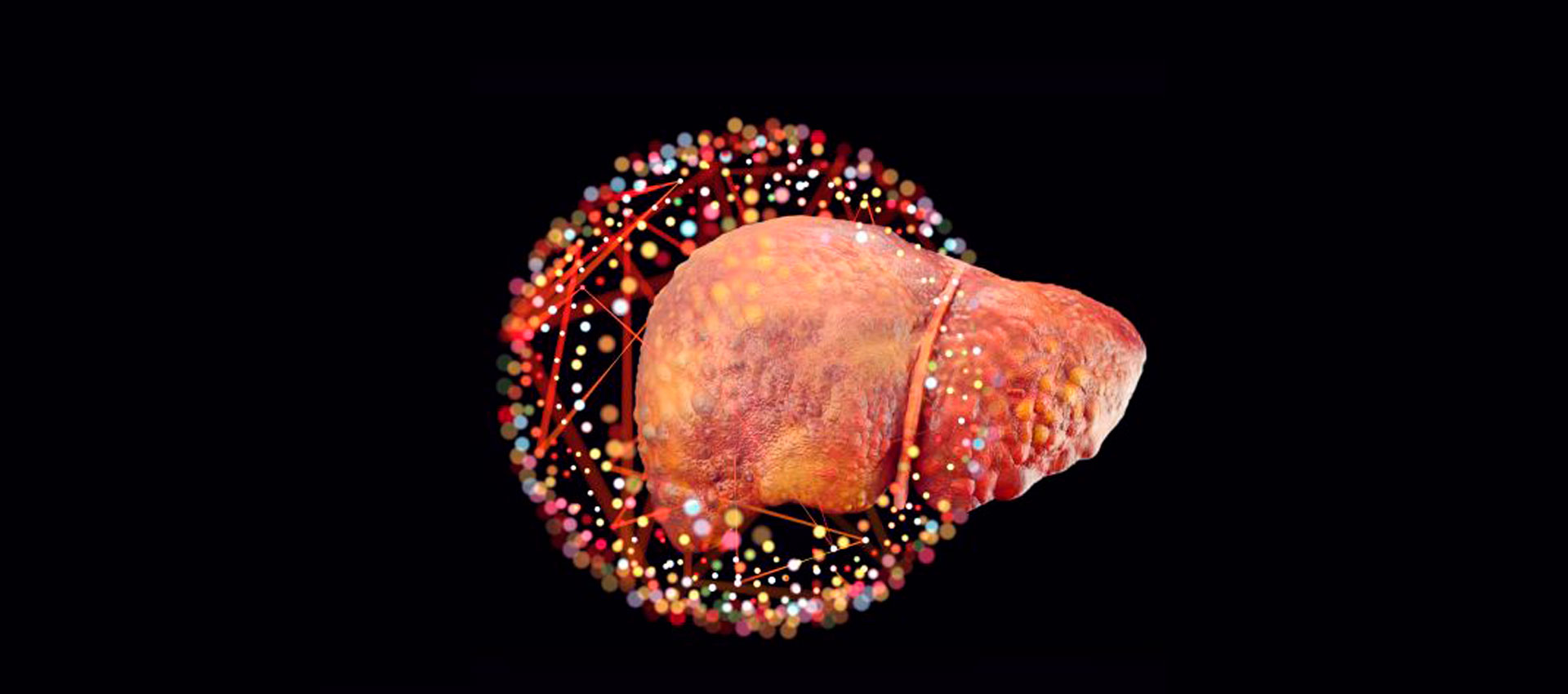- Navarrabiomed se ha inscrito ya junto a universidades, centros tecnológicos y de investigación
Diez entidades se han inscrito ya como agentes de ejecución del Sistema Navarro de I+D+i (SINAI), que incluye a universidades, centros tecnológicos y centros de investigación, entre otros.
En concreto, se han acreditado la Universidad Pública de Navarra, la Universidad de Navarra, Navarrabiomed, el centro tecnológico Lurederra, el Centro Nacional de Energías Renovables (CENER), el Centro Nacional de Tecnología y Seguridad Alimentaria (CNTA), la Asociación de la Industria de Navarra (AIN), y ADItech, que actúa como coordinador.
También se ha acreditado la Asociación de Daño Cerebral Adquirido (ADACEN) como entidad singular, figura de nueva creación orientada a las actividades de difusión y divulgación de ciencia, y otras actividades de apoyo a la I+D. Asimismo, se ha inscrito el Centro Stirling como unidad de I+D+i empresarial, otra nueva figura con la que el Gobierno de Navarra permite que el SINAI acoja a las empresas como agentes de ejecución del sistema.
Además, cabe destacar que en los próximos días se completará la acreditación de los centros IdiSNA, Naitec y CIMA.
Por otro lado, ya está a disposición de estas entidades el sello que les identificará como agentes acreditados, y que podrán incorporar en sus respectivos logotipos en las próximas semanas.
Beneficios y requisitos de los agentes de ejecución
El objetivo del Sistema Navarro de I+D+i (SINAI) es dotar al sistema innovador navarro de una buena coordinación y orientarlo hacia la excelencia. El registro público que acredita a los agentes de ejecución integrados en él les permite que puedan disfrutar de condiciones preferentes para desarrollar I+D+i.
De esta forma, se genera un sistema de innovación que elimina barreras entre innovación académica y empresarial, fomenta la optimización de infraestructuras, eleva el nivel de los centros tecnológicos y de investigación, y asegura una I+D inclusiva con las mujeres, y un número mínimo de doctores y doctoras. El objetivo final es que grandes compañías puedan financiar su propio instituto de investigación o entidad de I+D.
El proceso de acreditación como agente de ejecución del SINAI es vivo y abierto, por lo que pueden seguir inscribiéndose los centros que lo deseen y cumplan los requisitos.
Así, pueden obtener esta calificación las universidades, centros de investigación, institutos de investigación sanitaria, centros tecnológicos, unidades de I+D+i empresarial, entidades singulares y coordinadores de agentes de ejecución.
Quienes se registren como agentes podrán participar en programas y convocatorias de ayudas específicas a las que anteriormente no tenían acceso, hacer uso de las infraestructuras de investigación de todos los agentes del sistema en condiciones preferentes, y participar en los programas de atracción de talento internacional gestionados por la Administración de la Comunidad Foral.
Para beneficiarse de estas ventajas, las universidades, centros de investigación, institutos de investigación sanitaria y centros tecnológicos que quieran registrarse en el SINAI deberán contar con personal investigador doctorado en plantilla (con una presencia equilibrada de mujeres y hombres), y participar en proyectos de I+D+i, también de ámbito internacional.
Las unidades de I+D+i empresarial, con las que se busca potenciar la innovación dentro del sector privado, también deberán contar con personal investigador doctorado en plantilla, y tendrán que promover el uso de la tecnología e innovación por parte de las empresas titulares. Las empresas matrices de las unidades de I+D+i podrán deducir el 50% de los gastos correspondientes a proyectos de I+D contratados con dichas unidades acreditadas como agentes de ejecución del SINAI.
Además, para obtener la acreditación como entidad, las entidades solicitantes deberán realizar actividades de difusión y divulgación de ciencia, y otras actividades de apoyo a la I+D.
Por último, cabe indicar que la figura de coordinador, además de organizar al resto, y dinamizar la relación entre ciencia, tecnología y empresa en Navarra. Actuará también como interlocutor de los agentes del SINAI ante la Administración Foral, organizará el proceso de evaluación, y contribuirá a la mejora de la excelencia de los agentes del Sistema Navarro de I+D+i.
